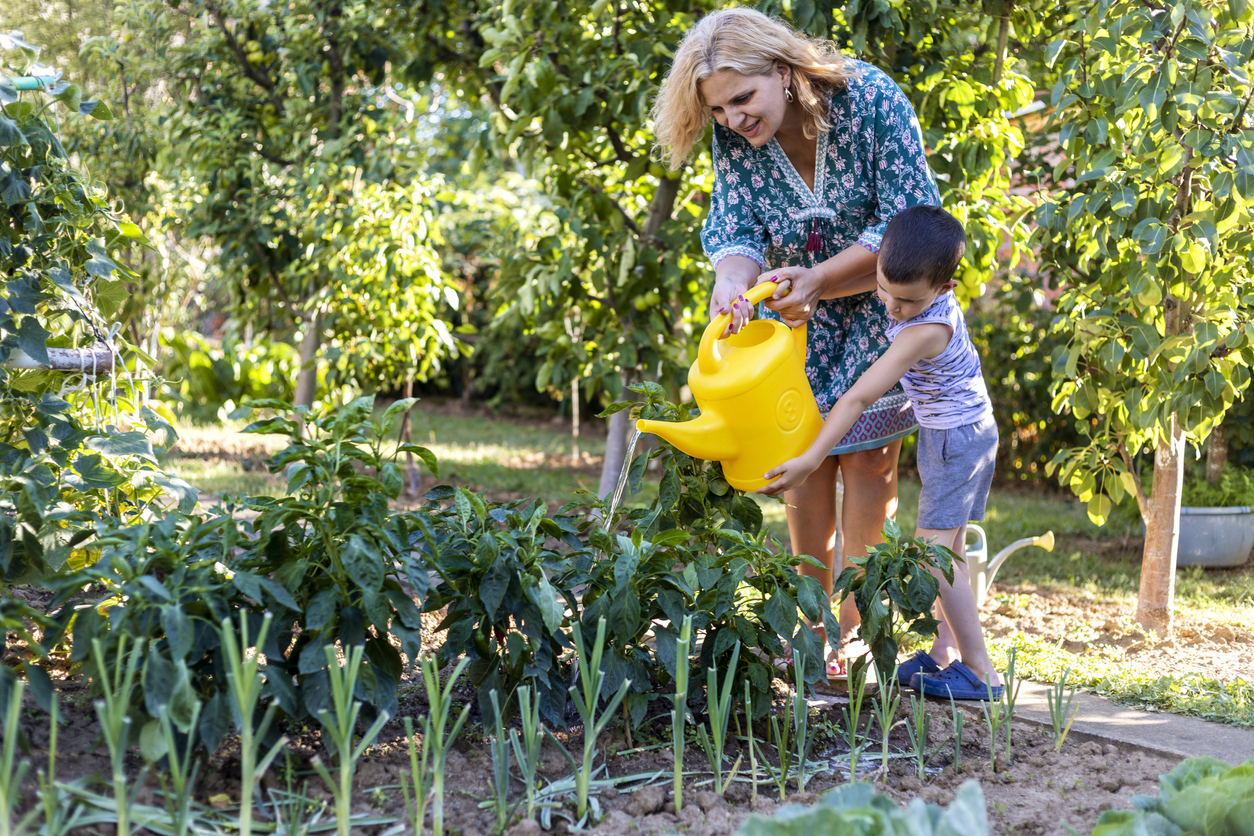Benefit support called Bereavement Support Payment, which kinship carers could claim if a partner has died.
What to do when someone dies
Whether it’s sudden or expected, death can be difficult to process. There are also practical things that must be done. This guide will help you to know what you need to do when someone dies and where to get bereavement support.
This advice applies to: England and Wales
On this page
Click on the link below to take you to the section you'd like to read:
What you need to do when someone dies
When someone close to you dies, you may have to suddenly take on kinship carer responsibilities. And whilst you may just want to grieve, there are practical things that must be done. These include:
- telling family and friends
- registering the death
- arranging the funeral
Telling family and friends
Having to tell family and friends that someone has died can be difficult and overwhelming. You may want to ask other close family members to help you break the news. You could draw up a list of who needs to be informed and who in the family is going to tell them. Remember, you don’t have to tell everyone at the same time.
Registering the death
In England and Wales, you need to register the death at a registry office within 5 days. You will need to share with the registrar certain personal details of the person who has died as well as provide official documents.
Things the registrar will need to know, include:
- the official cause of death
- the person’s full name, including any previous names
- their date and place of birth
- their last address
- their occupation
- the full name, date of birth and occupation of their spouse or civil partner, if they were married
As well as the death certificate, you will need to bring any official documents belonging to the person who died. These include:
- their passport
- proof of address
- NHS medical card
- driving licence
- national insurance number
- pension details
Once you’ve registered the death, you’ll get a certificate for burial or application for cremation. You will need this to arrange the funeral.
Find your nearest register office.
Arranging the funeral
You can arrange the funeral yourself or use the services of a funeral director. Some people prefer to let a funeral director arrange everything, but this is more costly as it’s a service. Check if the person who died had a pre-paid funeral plan.
The person who died may have written down their wishes for what happens when they die, such as if they want to be buried or cremated, a religious ceremony or a humanist one. The cost will vary depending on the type of funeral they had in mind.
Find a funeral director on the National Association of Funeral Directors website
Benefits and financial support when someone dies
There are several benefits or financial support available when someone dies, including getting help with funeral costs, Guardian’s Allowance and Bereavement Support Payment. What you can apply for will depend on what benefits you may already be receiving and your circumstances.
Visit GOV.UK to find out more about each benefit and if you’re eligible.
Read more on GOV.UK about benefits and financial support when someone dies
Organisations offering bereavement support
These organisations offer specialist support for bereavement.
Childhood Bereavement Network is a hub for those supporting bereaved children and young people in the UK.
Child Bereavement UK helps families to rebuild their lives when a child grieves, or a child dies.
The Compassionate Friends support bereaved parents and their families.
Telephone: 0345 123 2304
The helpline is open every day from 10am-4pm and 7pm to 10pm.
Cruse is a national charity offering bereavement support to adults through their helpline, group support and one-to-one support.
Telephone: 0808 808 1677
Their helpline is open Monday, Wednesday, Thursday and Friday, 9:30am to 5pm and on Tuesdays from 1pm-8pm.
Daisy’s Dream is a charity that supports children, and their families, affected by bereavement.
Grief Encounter is a charity supporting bereaved children and young people through counselling, workshops, therapy and a free, confidential helpline called grief talk.
Telephone: 0808 802 0111
Their helpline is open Monday to Friday, 9:30am to 3pm.
Roadpeace offers emotional and practical support to those bereaved or seriously injured in a road crash.
Survivors of Bereavement by Suicide offers peer-led support to adults bereaved by the suicide of someone close to them.
Telephone: 0300 111 5065
Their helpline is open every day from 9am – 7pm.
Email: email.support@uksobs.org
Support After Murder and Manslaughter offers a wide range of peer support services to people bereaved by murder and manslaughter.
Widowed and Young (WAY) is a peer-support charity for people 50 and under who have lost as partner. They offer online and telephone support.
Winston’s Wish is a childhood bereavement charity supporting children and their families after the death of someone important. They offer a free bereavement support helpline.
Telephone: 08088 020 021
Support from Kinship
Here at Kinship, we offer a range of free support for all kinship carers, including workshops, online advice and information, and support groups.
To find services, information and support in your local area, including information about your local children’s services, use our Kinship Compass tool.
You can also contact the Kinship advice team for free, non-judgmental advice and information if you live in England or Wales.
Join our community
Sign up for emails to keep up to date with the information that’s important to you, from support and advice for kinship carers, to our latest news, events and campaigns.

